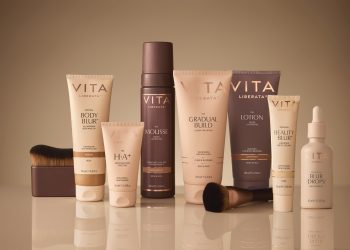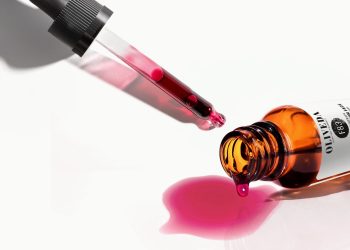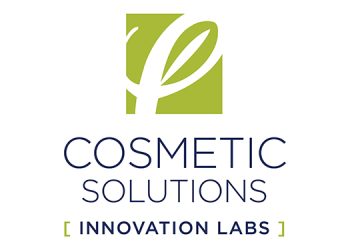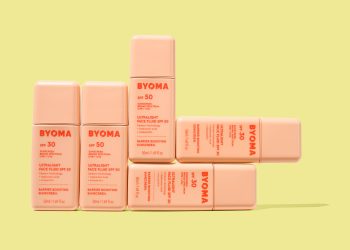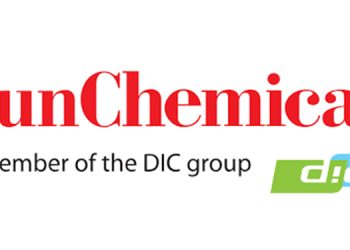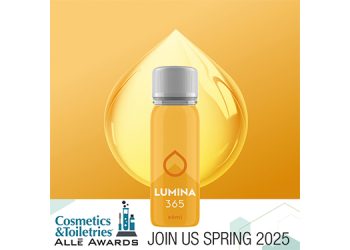Mintel, the experts in what consumers want and why, has today announced three key trends set to impact the global beauty and personal care (BPC) industry in 2025 and beyond. In the years to come, expect to see AR glasses become integral to daily routines while innovative ingredients like glycoproteins will be derived from lobsters. Meanwhile, we could see skincare that adjusts to varying climate conditions or deodorants that release odour-neutralising molecules based on body temperature. The Mintel 2025 Global Beauty and Personal Care Trends are:
- (My) Knowledge is Power: Consumers will work smarter (not harder), combining knowledge, tools and technology to achieve personalized solutions for superior results.
- Turning the Tide: With the effect of climate change becoming more evident, brands will be expected to consider eco-ethical implications as consumers demand a seamless connection between ethical practices and high-performance beauty solutions.
- Think Slow, Move Fast: Emphasizing prevention over repair and embracing simplicity, consumers will start their ‘routines’ sooner in life, integrating nostalgic and sensory-rich experiences in pursuit of personalized skincare.
(My) Knowledge is Power
“In 2025, consumers will no longer work hard on their beauty routines but rather work smarter, repurposing products like self-tanners as bronzers or using Vaseline for skin ‘slugging’, maximizing their effectiveness with minimal effort,” stated Clare Hennigan, Principal Analyst, of Beauty & Personal Care.
“Looking ahead, expect a surge in devices that offer on-the-spot analysis and results, empowering users to make informed decisions instantly. As Gen Alphas (born 2010-25) reach adulthood, their comfort with AI and virtual experiences will transform the beauty industry. As medical aesthetics (invasive and noninvasive procedures) become mainstream, products will be designed for pre- and post-procedure care, ensuring consumers achieve optimal results in a rapidly aging society.
“In the future, we could see AR glasses become integral to daily routines, offering real-time guidance for makeup application that embraces individuality and unlocks next-level self-expression. Advancements in technology and the emergence of hyper-personalized products will usher in a new era of beauty – one that is deeply personal, highly effective and seamlessly integrated into consumers’ lives.
“Consumers will take control of their routines by hacking traditional practices, embracing biotech innovations and leveraging AI for tailored, results-oriented beauty, emphasizing individuality and long-term skin health,” continued Hennigan.
Turning the Tide
“Consumers are demanding products that not only deliver on performance but also prioritize environmental responsibility. The beauty industry is headed towards groundbreaking sustainability initiatives that harmonize with the Earth’s natural systems. Brands will create zero-waste, circular-economy-aligned products by forging innovative partnerships and by leveraging practices like biopharming and ingredient upcycling.
“As precision fermentation and vertical farming become mainstream, beauty brands will adopt these technologies to produce bio-synthetic ingredients with minimal environmental impact. Future beauty products will be designed to adapt to environmental and physiological changes in real-time. Imagine deodorants that release odor-neutralizing molecules based on body temperature. These climate-adaptive products will offer highly personalized experiences, blending technology with nature,” continued Hennigan.
Think Slow, Move Fast
“In 2025, beauty will increasingly emphasize comfort and emotional well-being, much like the comfort food movement. Ingredients, textures and products will evoke simpler times, focusing on sensorial experiences that soothe and nourish. Brands will also need to adapt to the growing trend of slow living by aligning their innovation cycles with more sustainable and mindful consumption patterns. This means creating products that are not only effective but also designed for underconsumption, catering to budget-conscious consumers.
“Brands will explore the intersection of neuroscience and beauty, offering routines that evoke the tranquility of a mountain retreat or the serenity of nature through scent and texture. To build credibility, companies will highlight the efficacy of their products through scientific testing and innovative ingredients. Regenerative beauty will emerge as a key concept, blending sustainability, mental well-being and longevity. Innovators will offer cryo-preservation of ones’ own cells, allowing consumers to regenerate their beauty from within as part of a long-term wellness strategy,” concluded Hennigan.



